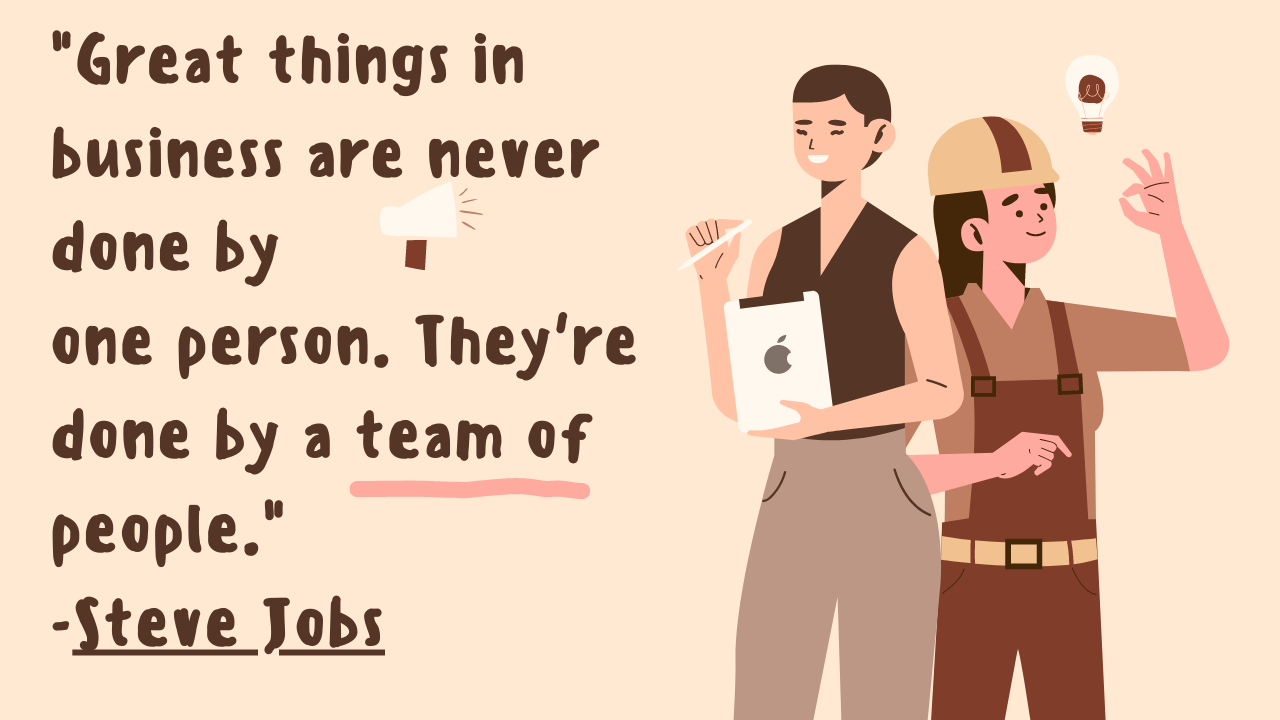Mastering Work-Life Balance: Effective Strategies to Beat Work Stress in Corporate Environments
Maintaining a healthy work-life balance has been harder in today’s fast-paced corporate environment. High expectations, long hours, and ongoing pressure can cause stress and burnout. However, professionals must prioritize their well-being to maintain productivity and overall satisfaction. This blog post will explore practical strategies to beat work stress in corporate environments, providing actionable tips for mastering work-life balance.
Set Clear Boundaries
It’s crucial to set boundaries between job and personal life. Set strict working hours and make a commitment to sticking to them. Outside of these hours, refrain from answering business calls or checking email. Make sure your bosses and coworkers are aware of and respectful of your time by communicating your boundaries to them.
Example: A corporate executive sets aside uninterrupted family time every evening from 6 to 8 p.m. During this period, they refrain from engaging in work-related activities, focusing solely on quality time with their loved ones.
Prioritize Self-Care
Self-care plays a crucial role in managing work stress. Make time for adequate sleep, a balanced diet, and social interactions. Prioritizing self-care enables individuals to recharge and approach work with renewed energy.
Example: A marketing manager dedicates 30 minutes each morning to practicing yoga, allowing them to start their workday feeling calm and centered.
Delegate and Collaborate

Don’t hesitate to delegate tasks and collaborate with colleagues. Effective teamwork can help distribute workload and alleviate stress.
Example: A project manager delegates specific project tasks to team members based on their expertise, ensuring a more balanced workload for everyone involved.
Unplug Regularly
Set aside time each day to engage in work-related activities, such as reading a book, going for a walk, or spending time in nature.
Example: A software engineer takes a 15-minute walk outside during their lunch break to clear their mind and recharge before returning to work.
Conclusion
Achieving work-life balance in a corporate environment requires conscious effort and proactive strategies. Professionals can effectively manage work stress and prevent burnout by setting clear boundaries, prioritizing self-care, delegating tasks, and taking regular breaks. Remember, maintaining a healthy work-life balance not only benefits individuals but also leads to increased productivity and overall job satisfaction.
